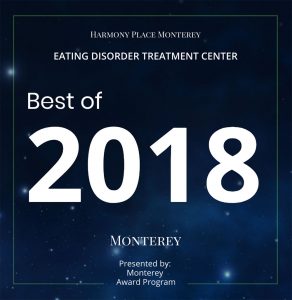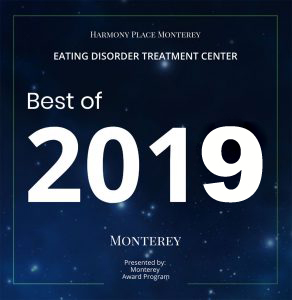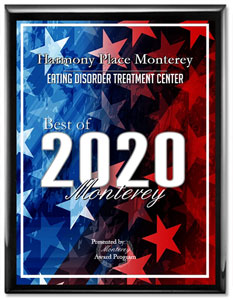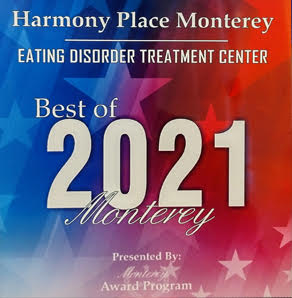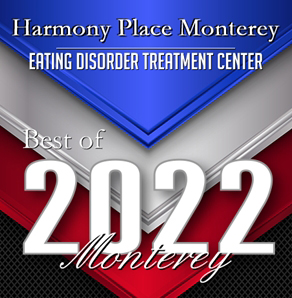What is Obsessive-Compulsive Disorder (OCD?)
Obsessive-compulsive disorder (OCD) is the preoccupation with distressing, intrusive. thoughts or urges and the acting out of repetitive, compulsive acts through excessive avoidance or make-right behaviors.
OCD is a debilitating mental-health issue that is found in both children and adults. It is linked to a wide variety of functional impairments and has a significant impact on social and occupational capabilities as well as on relationships and sense of self. Some who suffer from OCD are successful in keeping their obsession a secret. yet live with an ongoing fear being discovered. The presence of obsessions or compulsions are time-consuming and interfere with a person’s normal functioning and ability enjoy life.

Photo by Slava Bowman
Don’t We All Suffer from Obsessions?
OCD sufferers experience frequent and abnormal episodes of ruminative thinking and worry about fundamental life issues, For those with OCD, the obsessive thoughts and/or behaviors often cause the individual to try and suppress and squelch such thoughts; yet often another behavior or compulsive thought replaces the original Then repeats itself over and over again. as if in a continual loop to which there is no end. A person with OCD often struggles with these particular situations or concepts: contamination, bodily fluids, germs, environmental contaminants, household chemicals, and dirt or dust
OCD Facts
OCD is thought to be triggered by a combination of genetic, neurological, behavioral, cognitive and environ, mental} factors. Treatment usually requires a combination of cognitive behavioral therapy (CBT) and in some cases, Selective Serotonin Re-uptake Inhibitors (SSRI). It is important to seek treatment for OCD as soon as obsessive-compulsive tendencies begin as qua}ity of life can be impacted when struggling. OCD treatment usual}y requires a combination of cognitive behavioral therapy (CBT) and. in some cases, Selective Serotonin Re-uptake Inhibitors (SSRI).

Photo by Dan Freeman

Photo by Todd Quackenbush
Not Being in Control
- Fear of the impulse to harm oneself
- Fear of the impulse to harm others
- Fear of horrible imagery that plays in one’s mind
- Fear of calling out insults or sudden swearing
- Fear of kleptomania
Perfectionism
- Fixated on making things even, lined-up or exact
- Fixated on a need to know or recall
- Fear of forgetting bits of important information
- Chronic confusion over whether to keep something or let it go
Other Obsessions
- Fear of contracting a physical illness or disease
- The incessant collecting of material items, resulting in massive clutter (hoarding)
- Putting things in order or arranging things until it “feels right” or symmetrical
- Telling, asking, confessing to get reassurance
- Avoiding situations that might trigger your obsessions
Checking and Rechecking
- Checking that you did not/will not harm others
- Checking that you did not/will not harm yourself
- Checking that nothing terrible happened
- Checking that you did not make a mistake
Unwanted Sexual Thoughts
- Forbidden, perverted sexual thoughts or visions
- Forbidden, perverted sexual thoughts or sexual impulses about others
- Obsession with homosexuality
- Sexual obsession that involves children or acts of incest
- Compulsive thoughts about aggressive sexual behavior inflicted on others
Repeating
- Rereading or rewriting
- The repeating of routine activities (examples: going in or outdoors, getting up and down from chairs)
- The repeating of body moments (example: tapping, touching, blinking)
- The repeating of activities in “multiples” (repeating a task three times because three is a “good,” “right,”
Washing and Cleaning
- Constant hand-washing, and in a certain way
- Excessive showering, bathing, tooth brushing, grooming or hygienic routines
- Over-cleaning household items or other objects to the point of obsession
Mental Compulsions
- Rehearsal of hazards to prevent bad things from happening
- Chronic prayer to prevent harm coming to oneself, others, or to prevent horrible consequences
- Repetitively counting while doing a task to end on a “good,” “right,” or “safe” number
- “Cancelling out” or the habit of “undoing” and again, undoing, to correct behavior
Religious Obsessions
- Overly worried about offending God or the act of blasphemy
- Obsessed with superstitious ideas and fears
Here at Harmony Place, we pride ourselves on the services we provide for those seeking to heal. Weather yourself or a loved one, we provide the best treatment for any mental health one might be experiencing. Our services include, but not limited to, Bipolar disorder treatment and unipolar depression treatment. Our medical staff are well versed in the world of mental health and have years of experience with helping many people. Here at Harmony Place, we are equipped to help with the difficulties of mental health and want to be part of your journey to a better you.
Call us, to speak with one of our well-informed associates to see how we can help you today on the journey of recovery.

